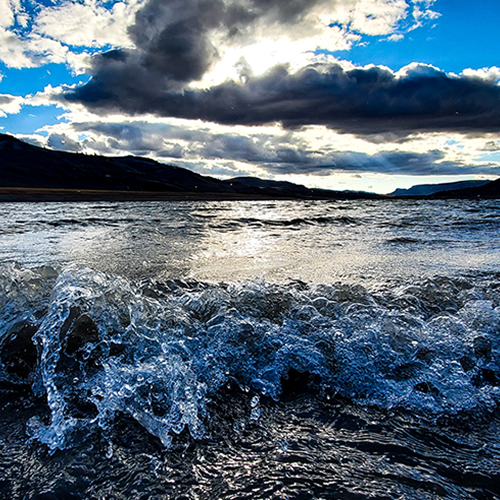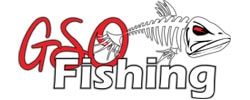
With cooler temps sweeping across the Western US and Hunting season in full swing, many anglers have already put their boats away for the season. That leaves anglers with a couple of options when they have a day off to go fishing. One, they can fish from the shoreline, or two, from a smaller watercraft such as a kayak.
Sadly, last Fall/Winter Colorado, experienced two deaths and two near death incidents as a result of anglers falling in the cold water from their watercraft. These accidents are heartbreaking to hear about, and we want to help make sure it doesn’t happen to other anglers in the future.
Here are a few steps and ideas on how to prepare for cold water fishing in the fall.
Before Going Fishing:
- Use the windy app (or whatever app you prefer) to track weather and wind patterns.
- Fish with a friend if possible.
- If you are fishing alone, call a friend or family member and tell them where you’re going and when you should be back. If this isn’t an option for you, check in with the fish inspector, wildlife officer, park ranger, post in your local fishing group, etc. Find someone to tell!
- Charge your cellphone, Garmin InReach, and/or Spot unit.
- Use kayak stabilizers if possible (there are great DIY tutorials to make your stabilizers.)
- Make a plan if you fall in the water: Bring extra clothes, shoes, blankets, a first aid kit, a strobe light, a whistle, a knife or scissors, etc.
While Fishing:
Park close to where you will be fishing so you can warm up quickly if you get too cold.
Make sure your cell, Garmin, or Spot are on and easily accessible. If you are fishing from a watercraft, make sure the device is secure to your person in case of emergency.
- Shoreline:
- Use caution and avoid icy rocks/shorelines.
- Don’t wade into the water.
- Watercraft:
- PUT YOUR LIFE JACKET ON
- If the wind starts blowing, get off the water and fish from the bank.
- If you hook into a large fish, keep track of your surroundings, and don’t let it pull you too far into the lake. We know it’s hard, but cut your line if needed.
Don’t get distracted by taking pictures or filming videos. Instead, stay aware of your surroundings.
Use caution when fishing during a storm or low-hanging clouds. There doesn’t need to be visible lightning for you to get electrocuted.
After Fishing:
- Tell your friend/family that you made it home safely.
Many anglers think that it won’t happen to them, but accidents can happen to anyone at any time. Be prepared. This time of year, there is a good chance that you could be alone out on the water. And, even if it doesn’t happen to you, it’s better to have a plan in place before you go out fishing.
We urge you to share this info with family, friends, and fellow anglers.
Stay safe out there! – Team GSO Fishing
Helpful Articles:
- DIY Kayak Stabilizers Article
- DIY Kayak Stabilizers Video – Google ‘diy kayak stabilizer’ for more great videos
- Scotty Kayak Stabilizer System (what we use)
Questions
If you have any questions, click our chat button here on our website, visit our Contact Us page, or email us at info@gsofishing.com. We are here to help. – Team GSO Fishing
